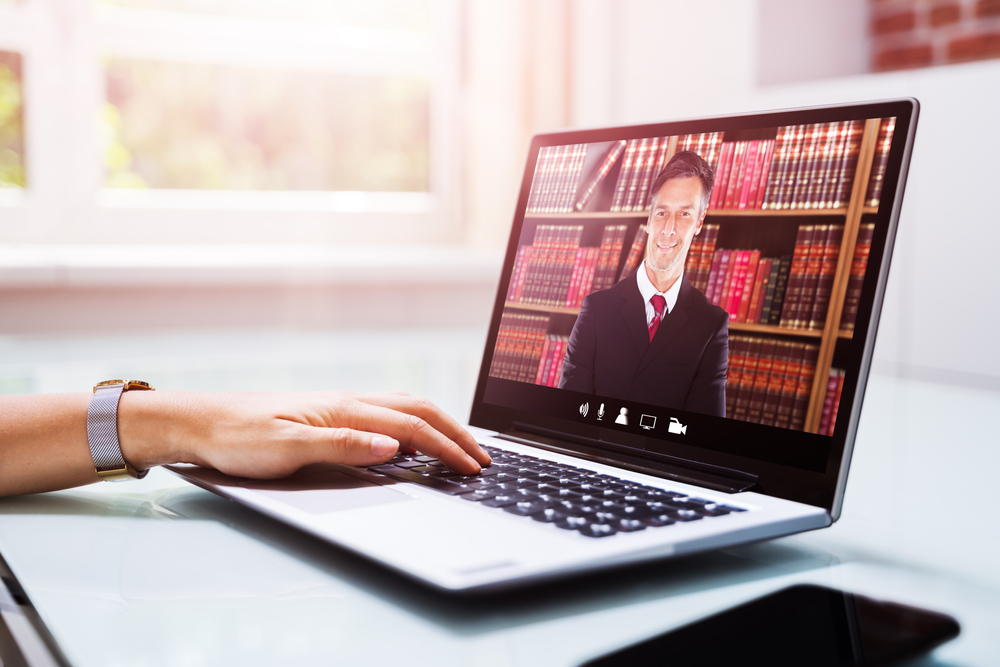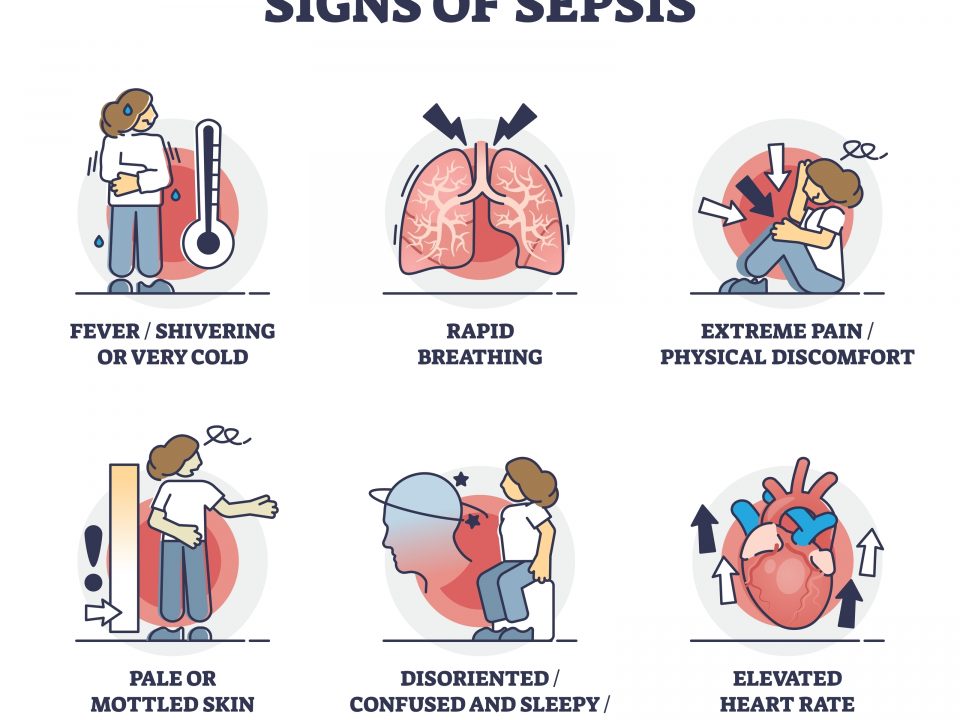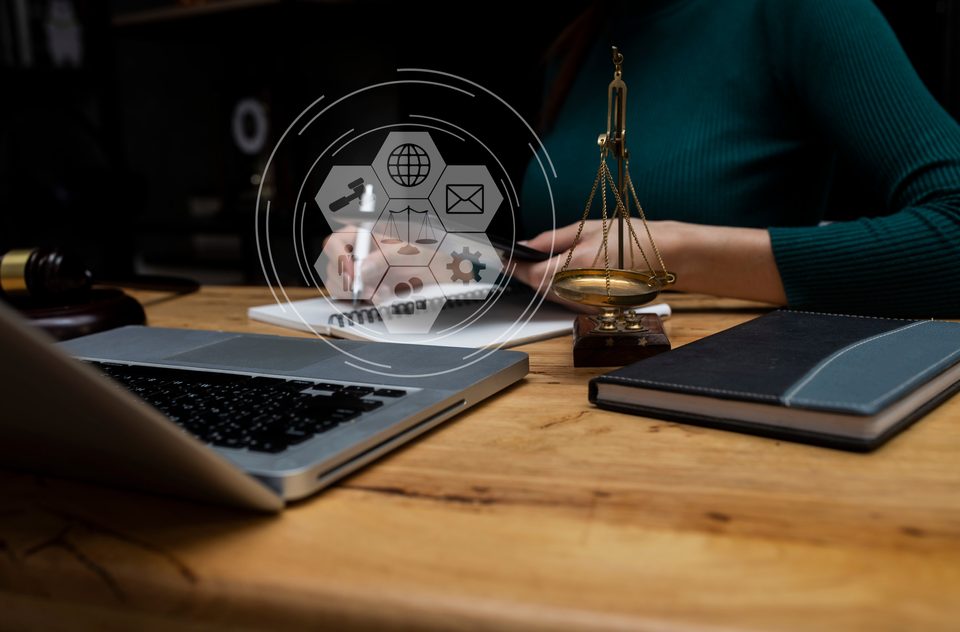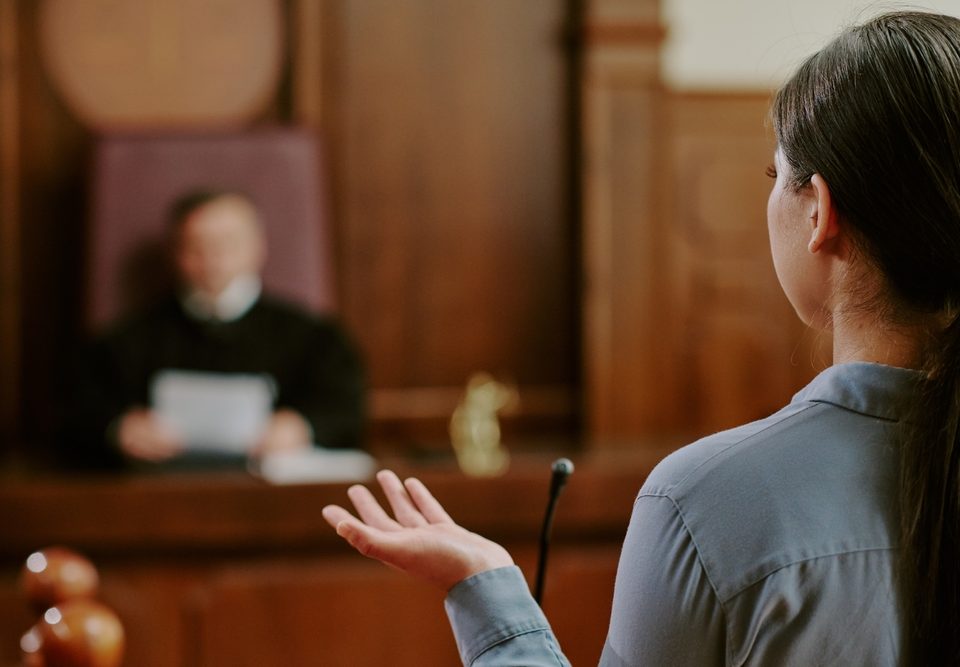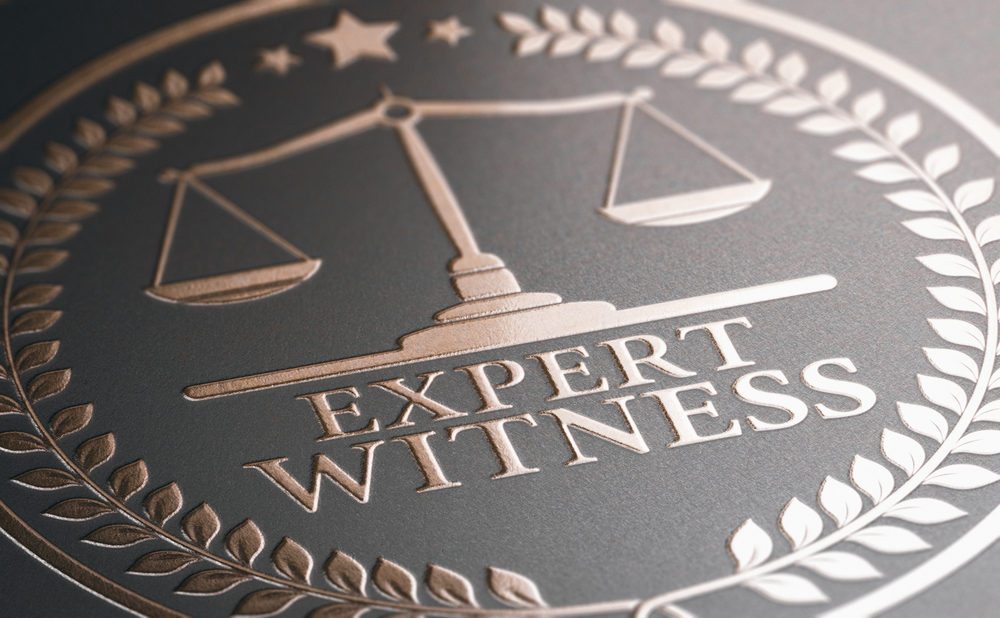
What is an Expert Witness?
12th February 2024
Guidance on Providing Witness Statements or Expert Evidence in Legal Proceedings
14th March 2024The rapid advancement in communications technology has ushered in a move in some cases towards using video-link technology, commonly referred to as remote justice, in UK courts.
In fact, cases have been heard using video-link evidence since 2016 in certain circumstances, but it is now widely acknowledged that the need to reduce costs, unnecessary travel and the legal industry’s carbon footprint is a major driver of remote justice. In light of this the High Court has provided guidance in relation to proper arrangements for giving video-link evidence and where necessary to obtain foreign court permission in respect of video-link evidence given from abroad.
What are the rules for remote evidence?
Although Rule 32.3 of the Civil Procedure Rules allows a witness to give evidence by video-link, in practice the issue around how much control the court can exercise over a witness at a remote site may be limited. This is why it is deemed necessary for those planning to rely on remote video evidence to plan ahead. It is vital to obtain necessary permissions including from any local and foreign court.
What are the consequences if the rules for remote evidence are not followed?
A good example of how complications could arise to potentially disrupt or otherwise prejudice proceedings came in a contempt of court case (Navigator Equities Ltd v. Deripaska) where the defendant was in Russia and unable to attend a UK court because of Covid 19 restrictions. A remote hearing had been approved. However, surprise was expressed at one of the claimant’s solicitors giving evidence from the claimant’s counsel’s chambers, as this was a move which had not been approved by the court.
The fact that the solicitor, the claimant’s counsel and the defendant or his representative could not be seen on screen simultaneously was deemed not satisfactory. It was stated that where a witness is to give evidence via video-link, all parties should discuss the location of the witness and who if anyone is to be with them, for the avoidance of any interaction with the witness being invisible to the court.
In other words, parties should never assume that an arrangement for remote evidence-giving is approved just because it has been agreed between them.
Another case concerned a witness wishing to give evidence to a UK court from Germany where he lived. There was no objection in principle; however, it was argued that in German law the taking of evidence is regarded as a sovereign matter. Therefore, in order for a witness to give evidence by video-link from Germany, even when this is on a voluntary not compulsory basis, permission was required from the German court.
Prior to this though, the risk that such permission could breach German law had to be taken into account regardless of permission being granted at the discretion of a UK court. This case underlined the directive contained in Annex 3 of Practice Direction 32 that:
‘It should not be presumed that all foreign governments are willing to allow their nationals or others within their jurisdiction to be examined before a court in England or Wales by means of video-conferencing/link.’
Practical Difficulties
Other challenges to be aware of include those of a practical and technical nature including the reliability of technology such as internet connections and video conferencing platforms which could affect the quality and consistency of remote evidence-giving. Witness credibility in terms of missed non-verbal cues and body language may be difficult to assess remotely. Time zone differences also throw up certain challenges for cross-border cases.
In conclusion, the court must consider how the laws of any foreign jurisdiction will impact the admissibility and reliability of the evidence. Parties must plan ahead, seek consent from all other parties, obtain court approval and crucially should ensure they obtain all necessary permissions from the relevant foreign court and have the video set up necessary for the evidence to be given clearly and without issue.

